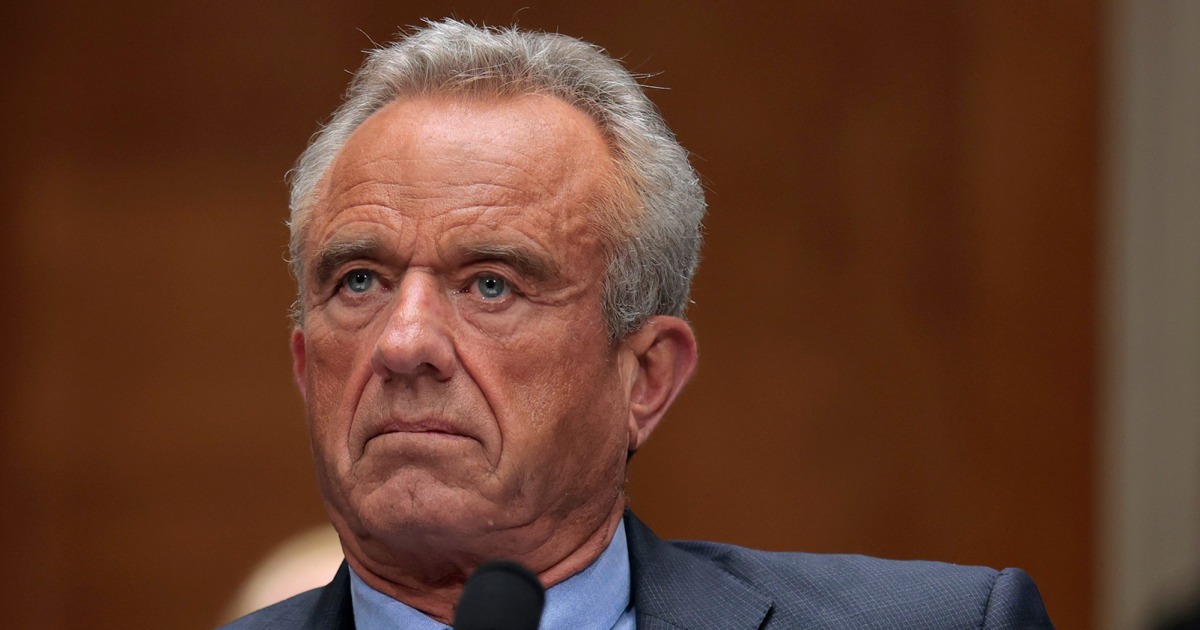RFK Jr. Under Fire for Vaccine Skepticism and Major HHS Budget Cuts
Health Secretary RFK Jr. testifies before Congress, stating his views on vaccines are irrelevant while defending significant cuts to the Department of Health and Human Services.
Overview
In recent congressional hearings, Health Secretary Robert F. Kennedy Jr. defended his controversial budget cuts and vaccine skepticism, stating he doesn't believe his medical opinions should be trusted, prompting backlash from lawmakers and health experts. He faced tough questioning about proposed HHS budget reductions, including a 26% funding cut, resulting in thousands of job losses across health agencies. Kennedy insists the cuts are necessary for efficiency despite Democrats arguing they undermine vital health services like disease prevention and COVID response. His remarks about vaccination, notably on measles, have drawn criticism for potentially fueling public skepticism about vaccines.
Report issue

Read both sides in 5 minutes each day
Analysis
- Kennedy defends his lack of medical advice on vaccination, asserting that his opinions are irrelevant and deferring to the CDC and NIH for guidance.
- Despite advocating for substantial cuts to HHS, Kennedy insists on improving efficiency and maintaining essential health services, although questions about the impacts of cuts remain.
- Democrats express concern over Kennedy's approach to health funding and vaccine messaging, highlighting the need for responsible management in public health.
Articles (7)
Center (2)
FAQ
The proposed budget cuts for HHS are over $30 billion, which represents more than a quarter of the department's budget. These cuts are expected to lead to significant job losses and streamlining within the department, with major reductions in funding for agencies like the NIH and CDC.
Robert F. Kennedy Jr. is well-known for his vaccine skepticism, which has led to criticism. He has stated that his personal views on vaccines should not be trusted, but his comments have still sparked controversy, particularly regarding measles vaccination.
Kennedy argues that the cuts are necessary to streamline the department, making it more efficient by reducing bureaucracy and targeting funds towards direct impact on chronic health issues.
History
- This story does not have any previous versions.






